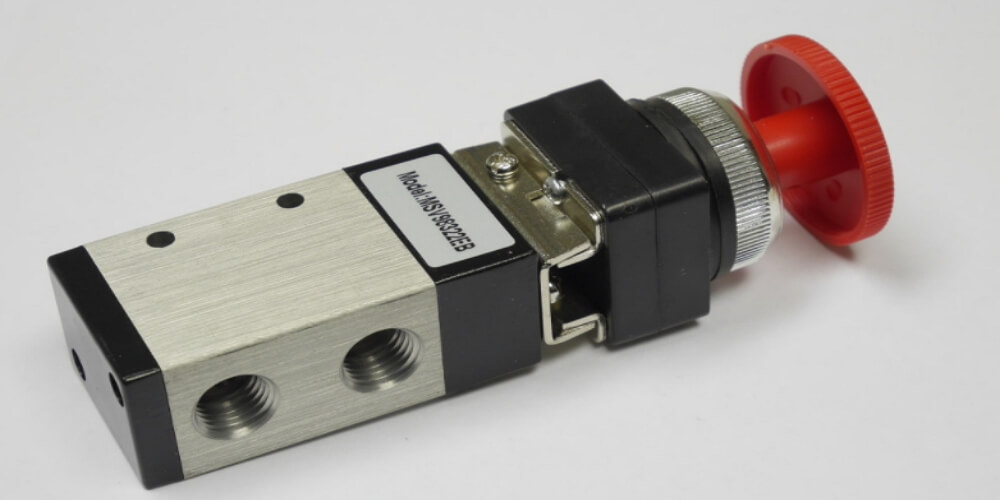If you have installed pneumatic systems in your processes, then you may be familiar with occasional breakdowns. When that happens, it becomes nearly impossible to work. So, how can your business cope? Ideally, pneumatic control valve is one of the commonly affected. Fortunately, you can try different remedies to prevent such unfortunate situations from happening. The modern pneumatic valves are durable and dependable. However, that does not mean they cannot experience occasional failure. These are the different reasons your pneumatic valves fail.
Clogging
Maybe your pneumatic valves are clogged with lots of contaminates. That is the case when the air in the surroundings is rich in dust or oil droplets. Maybe paint particles and dirt may have got its way into your pneumatic system. Thus, it is advisable to install the recommended air filters.
Make sure you clean your valves as recommended by the manufacturer. By doing so, you can be assured you will not have a lot of debris surrounding your pneumatic valves. Another option is to install valves made from stainless steel. With this material, you only need to wipe it down.
Corrosion
Another threat to pneumatic valves is oxidization. That is common with valves made of metal objects. Ideally, components made of iron or even stainless steel can corrode. You should note that iron oxide can eat pneumatic equipment. Therefore, there is a need to keep the humidity levels down.
Poor Lubrication
Most pneumatic valves fail because of poor lubrication. As you know, most moving parts or components require lubrication to reduce friction. Without lubrication, components can rub against each other and ultimately fail. However, you need to avoid over-lubrication. Other than being a waste of lubricants, it might end up sticking to the equipment because of debris. There are also instances when lubricants leak from the valve because of seams and cracks.
Leaks
Leaks are common with aged pneumatic valves. In any case, time makes many things to wear out no matter how good it is. Therefore, you ought to monitor potential leaks. You can replace the worn-out parts and hoses. Make sure you inspect all pneumatic connections and actuators. Escaping air is a sign there is a leakage of compressed air.
Poor Maintenance
Most industrial businesses employ different types of maintenance. However, it is quite challenging to stick to the maintenance routine. As a result, technicians can rush through different tasks. It is advisable to set adequate time to maintain the equipment to minimize the risk of breakdowns.
Some businesses allocate a lot of time to maintenance but fail to do what is required to keep pneumatic systems running. Therefore, there is a need to budget time and include the necessary documentation. This will help you determine whether adjustments are necessary to your maintenance schedule.
Clogged Filters
During maintenance and cleaning, ensure you wipe down the pneumatic valve and clean filters. Unfortunately, some people do not change filters. Ideally, clogged filters can cause the same harm as a clogged pneumatic system. Therefore, there is a need to take adequate time and replace some of the filters.
